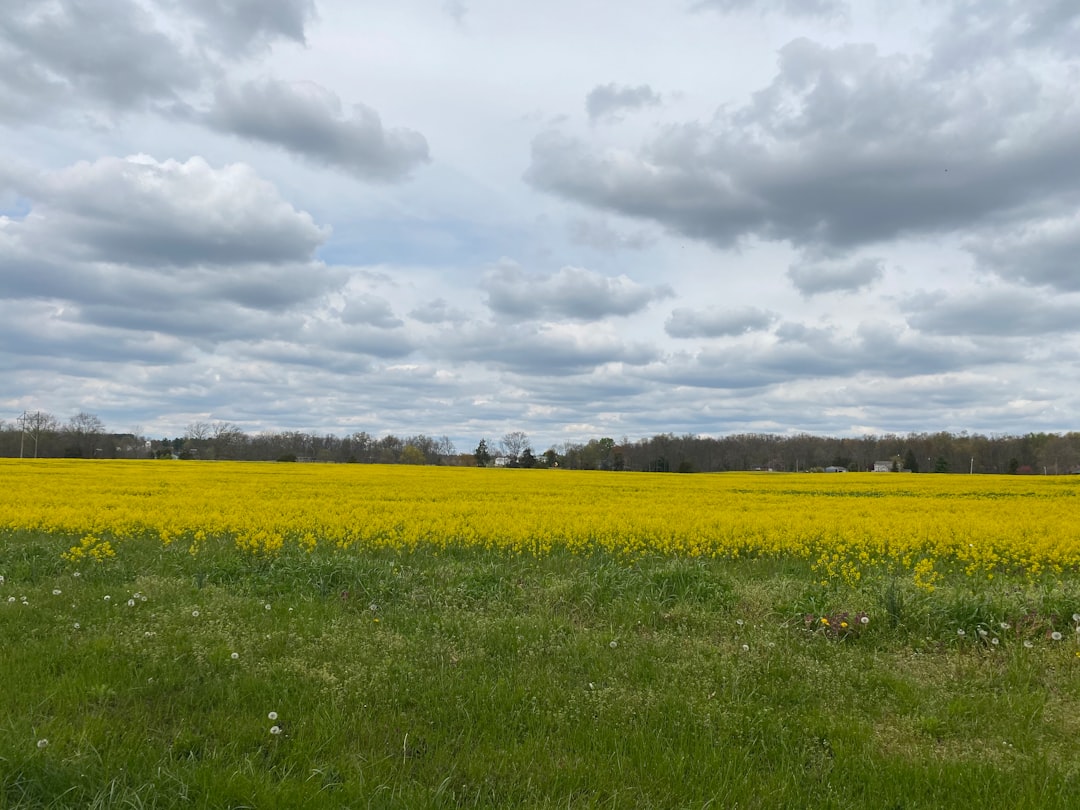In Maryland, the Telephone Consumer Protection Act (TCPA) is vital in combating increasing spam calls targeting farms and agricultural businesses. A lawyer for TCPA Maryland offers crucial guidance on legal protections and strategies to mitigate unwanted calls, helping to preserve productivity, resources, and peace of mind for farmers. By leveraging the TCPA, agricultural operations can reclaim their focus on farming while safeguarding against significant fines and harm caused by spam calls. Collaborative efforts between agricultural groups, telecoms, and legal professionals are essential for future protection and success in Maryland's agricultural sector.
In the digital age, Maryland’s agricultural sector faces a unique challenge: spam calls. These unsolicited communications disrupt operations and impact productivity, posing a significant threat to local farmers. The Telephone Consumer Protection Act (TCPA) offers a legal framework for protection, but understanding its nuances is crucial. This article explores the prevalence of spam calls in agriculture, available legal recourse through TCPA litigation, and best practices to safeguard Maryland’s vital farming community from this modern nuisance, emphasizing the role of lawyers specializing in TCPA Maryland.
Understanding the Telephone Consumer Protection Act (TCPA) in Maryland

In Maryland, the Telephone Consumer Protection Act (TCPA) plays a crucial role in regulating unwanted telephone solicitations and protecting consumers from abusive calling practices. This federal law, enforced by the Federal Communications Commission (FCC), has specific implications for the agricultural sector, especially with the rise of spam calls targeting farms and agricultural businesses. A lawyer for TCPA Maryland can help navigate these complex regulations to ensure compliance and mitigate potential legal consequences.
The TCPA restricts the use of automated dialing systems and prerecorded messages without prior express consent from recipients. For agricultural operations, this means that telemarketing calls or spam calls promoting farming equipment, seeds, or other services must adhere to strict guidelines. Non-compliance can result in substantial fines, making it essential for businesses to understand their rights and responsibilities under the TCPA.
The Prevalence and Impact of Spam Calls on Agricultural Businesses

In today’s digital age, agricultural businesses in Maryland, like many others, face a growing challenge from an unexpected source: spam calls. These unsolicited phone communications, often promoting products or services, have become increasingly prevalent and are taking a toll on the sector. From small family farms to large-scale agricultural corporations, no operation is immune to the disruption caused by these unwanted calls.
The impact of spam calls on Maryland’s agricultural community is significant. Farmers and agricultural service providers spend valuable time and resources dealing with these intrusions, often leading to decreased productivity and increased operational costs. Moreover, these calls can interfere with important communications between farmers, suppliers, and customers, hindering the smooth functioning of agricultural operations. A lawyer for TCPA Maryland can help businesses navigate these issues by providing guidance on legal protections and strategies to mitigate the effects of spam calls.
Legal Recourse for Farmers: Seeking Relief through TCPA Litigation

Farmers in Maryland, like many across the country, often find themselves plagued by unwanted spam calls, which can disrupt their daily operations and lead to significant losses. In such cases, legal recourse is available through the Telephone Consumer Protection Act (TCPA). This federal law prohibits telemarketers from making automated or prerecorded phone calls without prior express consent, providing a powerful tool for farmers to protect their time and resources.
If spam calls have caused substantial harm, Maryland farmers may consider retaining a lawyer specializing in TCPA litigation. These legal experts can guide them through the process of filing a lawsuit against the culprits, seeking damages and injunctive relief to prevent future harassment. By holding telemarketers accountable, farmers can reclaim their peace of mind and focus on what matters most—farming.
Protecting Maryland's Agricultural Sector: Best Practices and Future Strategies

To protect Maryland’s agricultural sector from the nuisances and financial losses caused by spam calls, several best practices and future strategies can be implemented. Farmers and agricultural businesses should invest in robust call blocking technologies that are designed to identify and filter out unwanted phone communications. Additionally, educating staff and farmers on recognizing and reporting suspicious calls can significantly enhance prevention efforts.
In terms of future strategies, collaboration between agricultural organizations, telecom providers, and a lawyer for TCPA Maryland can lead to more effective solutions. Proactive legislation and stricter enforcement of existing laws, such as the Telephone Consumer Protection Act (TCPA), are crucial in curbing spam calls. By adopting these measures, Maryland’s agricultural community can foster a safer and more productive environment, ensuring the longevity and success of local farming operations.






